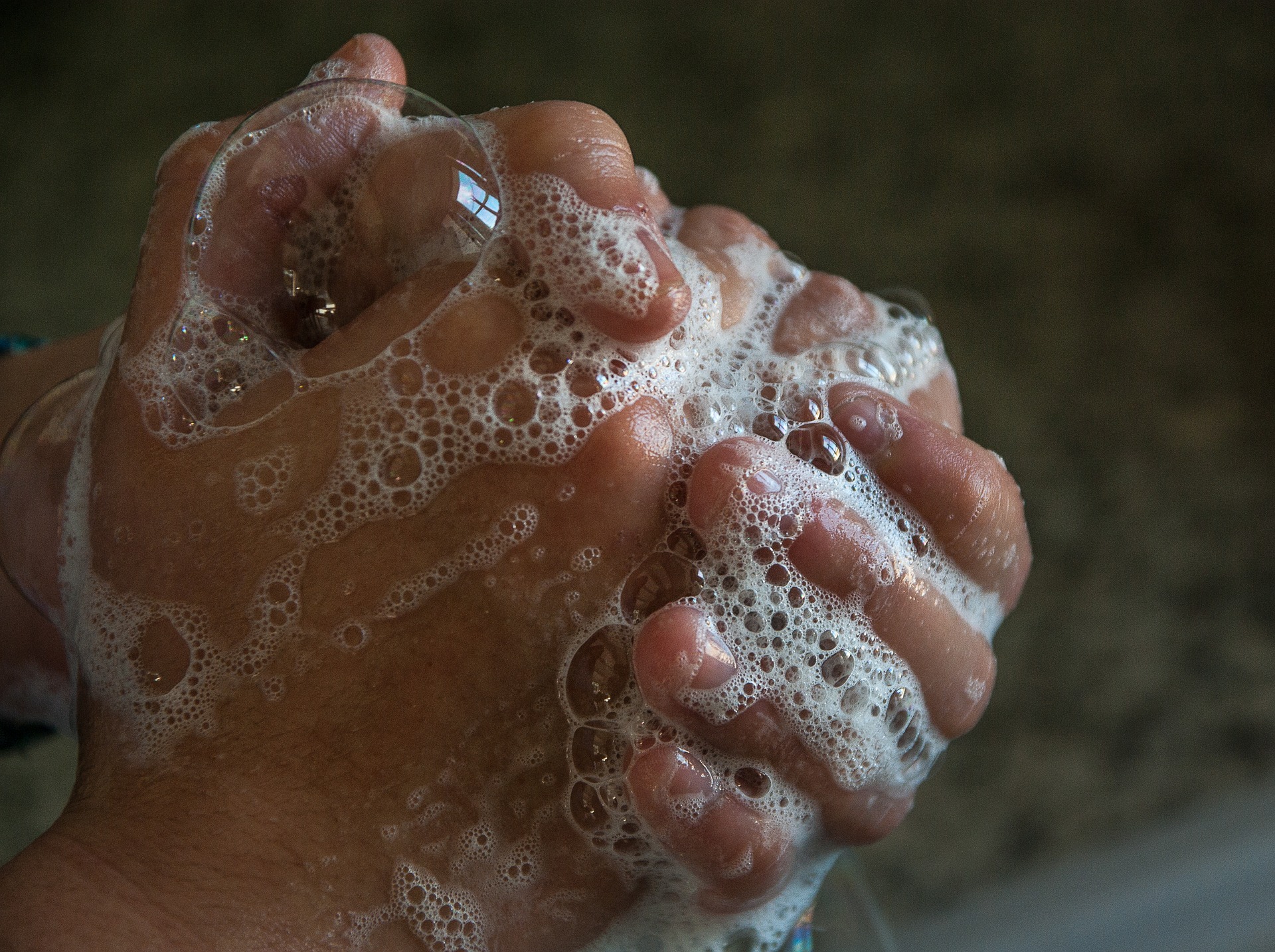It’s tough enough dealing with a pandemic. But for those with dementia, it’s truly unsettling. How can caregivers keep their loved ones safe while coping with the additional stress?

Life before the coronavirus presented its share of challenges for caregivers of those with Alzheimer’s and dementia. Dealing with a loved one’s changes in personality, difficulty in doing familiar tasks, and a distorted sense of reality were among the daily challenges. Now there’s a new level of stress for caregivers trying to cope during the coronavirus pandemic.
- How do you explain the pandemic to someone who may forget it moments later?
- How do you convince them to take the necessary precautions when they may not remember what to do?
- How do you not communicate a sense of anxiousness when you’re truly worried about the virus?
The professional healthcare staff at Seashore Gardens Living Center offers tips for families caring for a loved one with dementia at home, or managing a relationship with a loved one who is away from home.
6 Tips for Families Dealing with Dementia
- Use visual cues and songs for washing hands.
Post a note by the sink with a reminder to “wash your hands.” Include a drawing to reinforce the concept. Set up a schedule so that your loved one washes his/her hands at certain times of the day. Sing a song together so that hand washing lasts the full 20 seconds. (Try to avoid singing “Happy Birthday,” however. This could be confusing to someone with dementia who may then be expecting a birthday celebration.)
- Redirect for social distancing.
Loved ones with dementia may forget to stay 6 feet away from each other. Reminding them each time may be an exercise in frustration for you both. Instead, redirect them to another activity that places them at the appropriate distance. Rather than demanding that they follow suit, remember to ask for, and model, the desired behavior.
- Explain the pandemic in reassuring terms.
Explain the pandemic in terms that they can understand. This may include drawing on their earlier memories from World War II when they may have experienced rationing and similar safety issues. Tell them that we have to stay inside because that is the safest place to be. Remember that our loved ones can pick up on our anxiety and stress. They may not be able to communicate what they are feeling. Watch for nonverbal cues, and reassure them that we are all in this together and that we will be okay.
- Practice self-care.
Take the time to relax away from care duties if you are able. Limit your time on social media and with the news, both of which can be anxiety-producing. Find time for beloved activities from reading to baking to playing games with your family. Find the joy in this time together.
- Plan for gaps in care.
Put a plan in place in case you get sick with the virus so that your loved one continues to get the care he/she needs.
- Communicate with your loved one away from home.
If your loved one is in a care facility, ask about the communication policies for dementia patients. Sometimes, loved ones with dementia have difficulty participating in phone calls. Consider sending video messages to your loved one. You can supply a device to your loved one for that purpose, and the healthcare staff can help by turning it on and sharing it with your family member.
Where to Find Help/Support for Alzheimer’s dementia
The Alzheimer’s Association has a free 24/7 helpline 800-272-3900.
Seashore Gardens Living Center offers free Alzheimer’s Outreach services for the local community. Call (609) 404-4848 to learn more.


